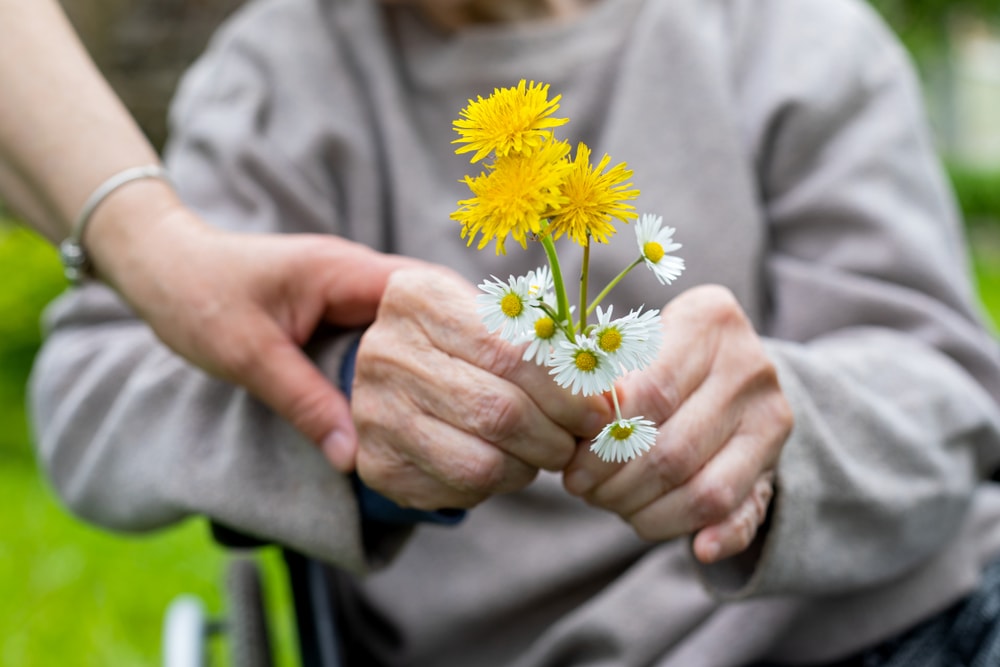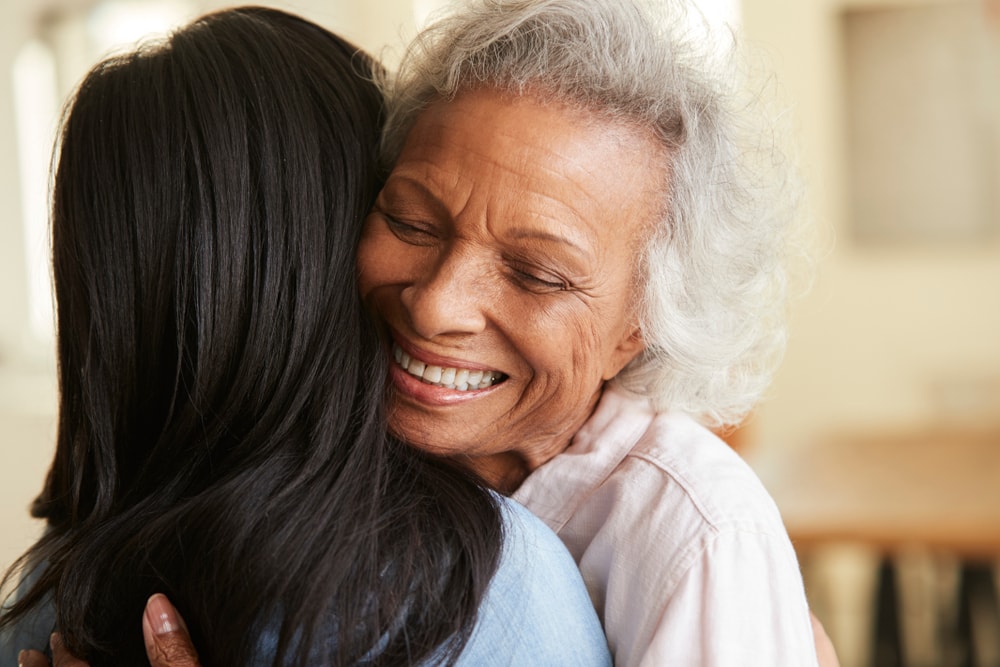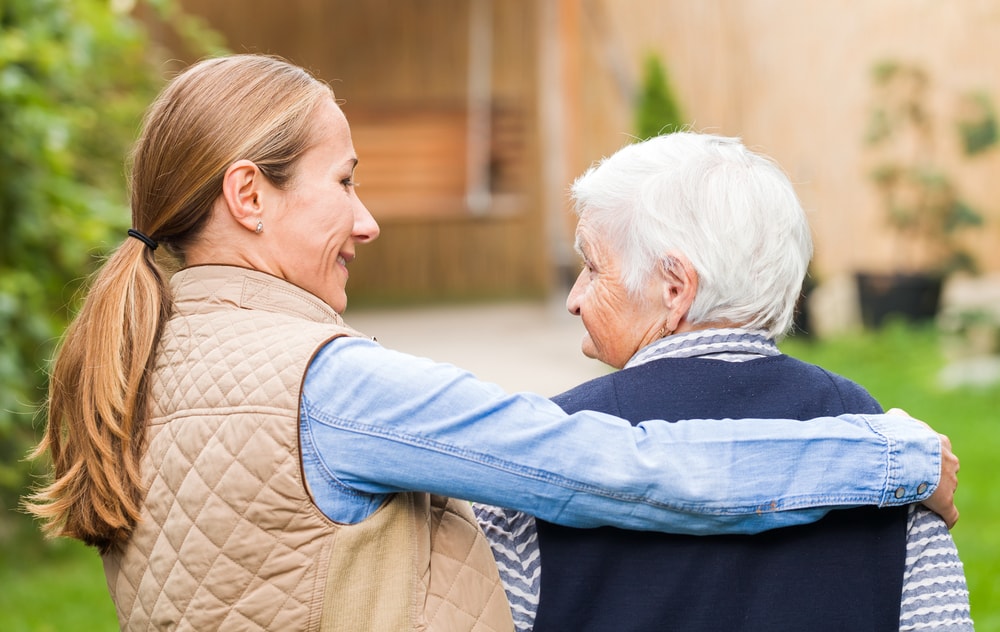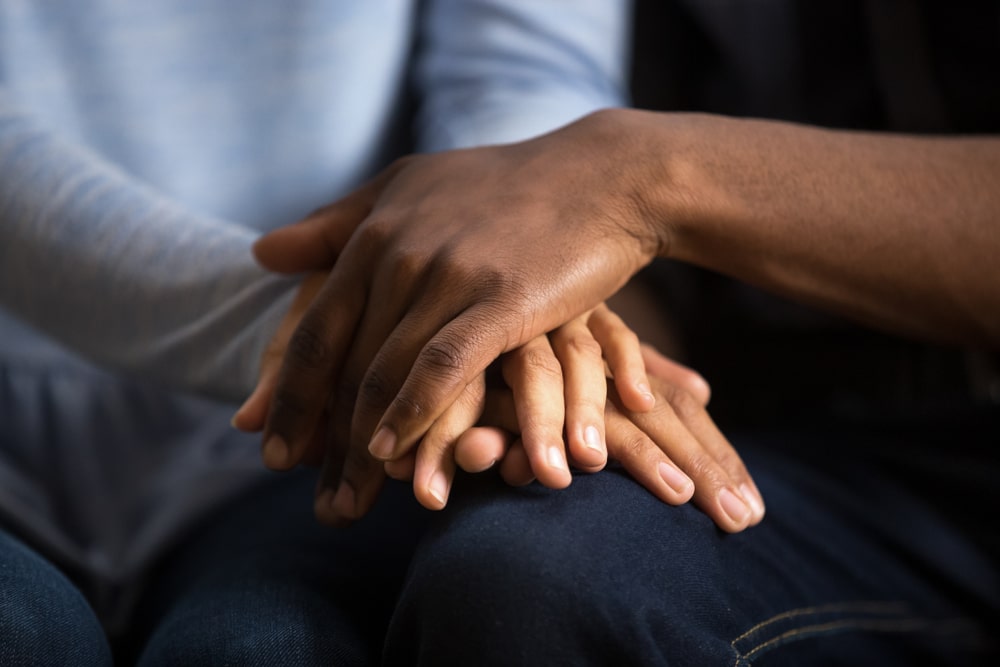
Any loss takes a toll on us emotionally, mentally, and physically. However, losing a loved one to suicide carries an extra level of challenge and confusion. Not only are suicide loss survivors processing the death of their loved one, they are also grappling with questions they may never have the answers to. Why did this happen? Could I have done something to prevent it?
If you know someone who is dealing with the loss of a loved one to suicide, they need your compassion and support more than anything else. You may not feel you are the most qualified person to help your friend, but you can do small things to help as they process their pain and walk down the path toward healing. Let’s review a few simple tips.
1. Listen attentively
First of all, be a safe place. Anyone dealing with suicide loss is processing many conflicting emotions and troubling questions. If they want to talk, be an attentive and caring listener. Also, let them decide what to share and when. Even if you have also lost someone to suicide, don’t assume that your friend’s grief is like yours. No two grief journeys are the same because no two people are the same. Instead, listen without judgment. Or, if they aren’t ready to talk, be patient and ask simple questions about how they are doing. Your questions about their welfare may open up a door to talk. If not, simply move the conversation to other topics.
2. Don’t ask for explanations or details
Stay away from asking too many questions. Your friend may feel like you are more interested in the gossipy details than you are in their welfare. Plus, your friend may be grappling with the same questions themselves, and your questions only emphasize just how little they actually know. Instead, focus on supporting them and listening to what they have to say about their loved one and the feelings they are dealing with. In time, you may learn all the information you’re curious about, but in the beginning, focus on just being a friend.
3. Be sensitive
Words are powerful. What we say has the power to build others up, tear them down, make them feel important, or make them pull away from us. So, as you talk and interact with your friend, be sensitive. That means, don’t try to fix things or brush over their difficult emotions. Don’t try to share in “troubles talk” by comparing your grief experiences to theirs. Instead, consider your words carefully. Ask yourself, “Would I find these words helpful?” If not, don’t say them and find other ways to offer support and love. For a few suggestions on what NOT to say, click here.
4. Make them feel comfortable
As mentioned earlier, be a safe place for your grieving friend. They may feel pressure, both internally and externally, to hide what happened. Suicide loss survivors often deal with a certain stigma from society and may feel alone or isolated. Your role as a friend is to make them feel comfortable, loved, valuable, and heard. Assure them that you want to hear what’s on their heart and mind. Make it known that you don’t think any differently of them and simply want to be there to love and support them through their grief journey.
5. Help them honor their loved one’s memory
More often than not, suicide comes after a long mental health battle, most commonly depression. It’s always important to remember that our loved ones are more than the way they died. Taking time to remember them and honor their life is an important part of the grieving process. So, share memories and stories with your friend that include their lost loved one. Use their loved one’s first name. Encourage your friend to write a letter to say all the things they didn’t get to say. Watch their loved one’s favorite movie, look at photos, or plant a memorial tree. Every life is worth remembering, no matter how it came to an end.
6. Stay close
Losing a family member to suicide is often especially devastating. While any kind of death may be difficult to bear, suicide can haunt survivors. In fact, research tells us that those who lose a loved one to suicide are more likely to commit suicide themselves. However, those who received support and didn’t feel so stigmatized after their loss were at far less risk. So, make sure to stay close and be consistent with your love and support. They don’t need you just this week or this month – they need you long term. Allow them to talk about their grief whenever they feel the need and assure them that their emotions are valid and important.
Note: If you notice that your friend is struggling with their grief on a much deeper level, encourage them to see a grief counselor or therapist who can help them work through these complex emotions. Some things are beyond your capabilities, and it’s okay to seek help.
7. Offer to help
Grief is exhausting and throws off our established routine. So, to help your friend get the rest they need, offer to help with the practical things. Run errands, provide rides to appointments, pick up the kids from school, or walk the dog. Look for ways to help and ask, “Can I watch the kids tomorrow afternoon so you can rest?” After you’ve helped with a few tasks, try asking them directly how you can help. Since you’ve already established that you want to help, they will be more likely to tell you what they need. Each of these tasks may seem small, but to someone who is grieving, your actions mean support, friendship, and kindness.
Now that you have a few simple tips, go out there and support your grieving friends. We aren’t meant to walk through life alone. We need each other, through the good times and bad. As we support each other, we spread kindness and love to those who matter the most to us.















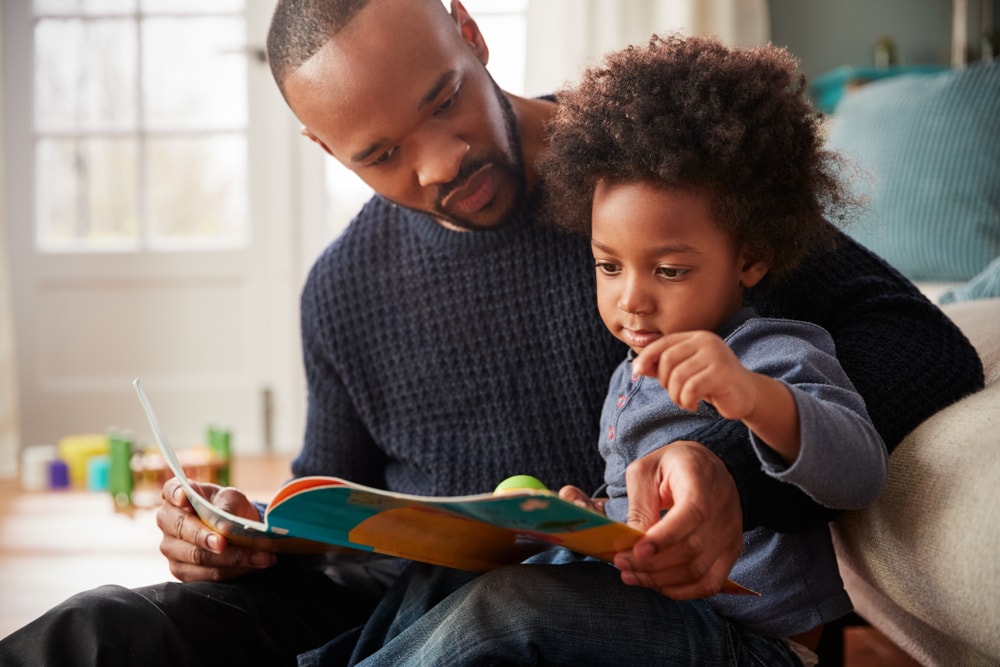 “Reading should not be presented to children as a chore or duty. It should be offered to them as a precious gift.” —Kate DiCamillo
“Reading should not be presented to children as a chore or duty. It should be offered to them as a precious gift.” —Kate DiCamillo









